Earthquakes aren’t isolated incidents. They can strike anywhere at any time. Although they occur in certain areas more often than others, seismologists stress that everyone should prepare their home for an earthquake.
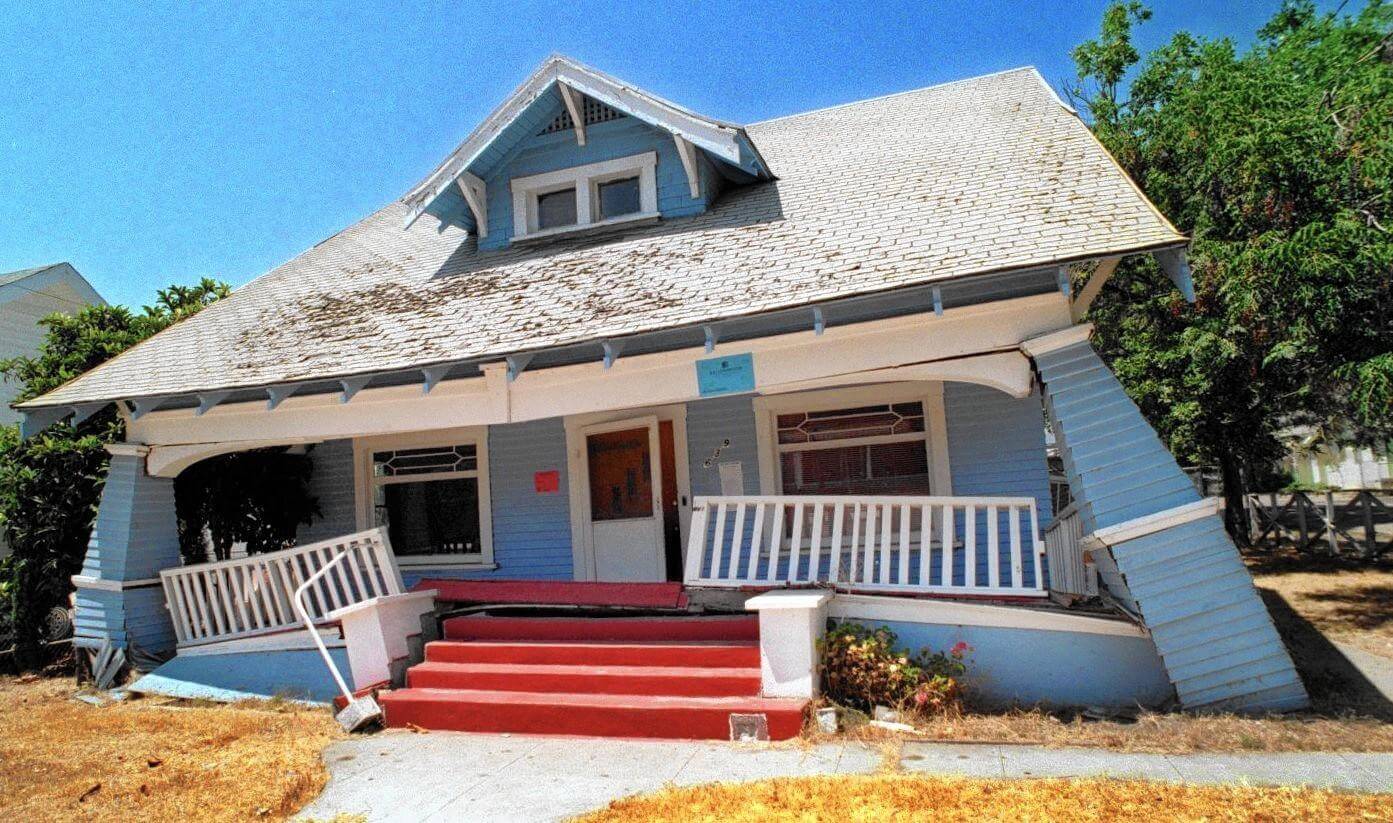
Secure Large Appliances to the Wall
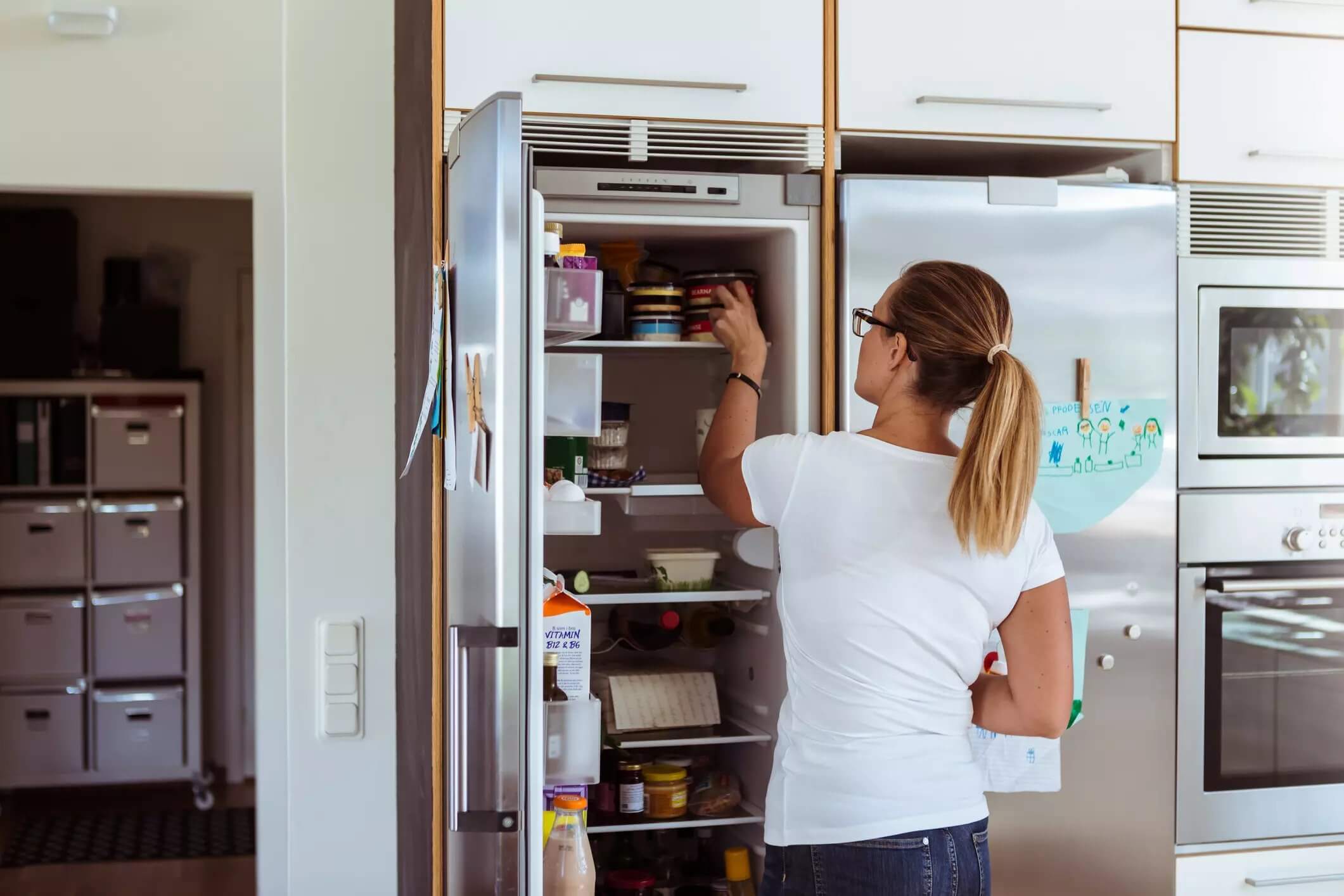
A strong earthquake will move heavy appliances, such as your refrigerator, stove, microwaves, washer, and dryer. Additionally, you should also anchor your water heater. You can easily secure these to wall studs using safety cables, brackets, or straps.
Install the Main Gas Shut-Off
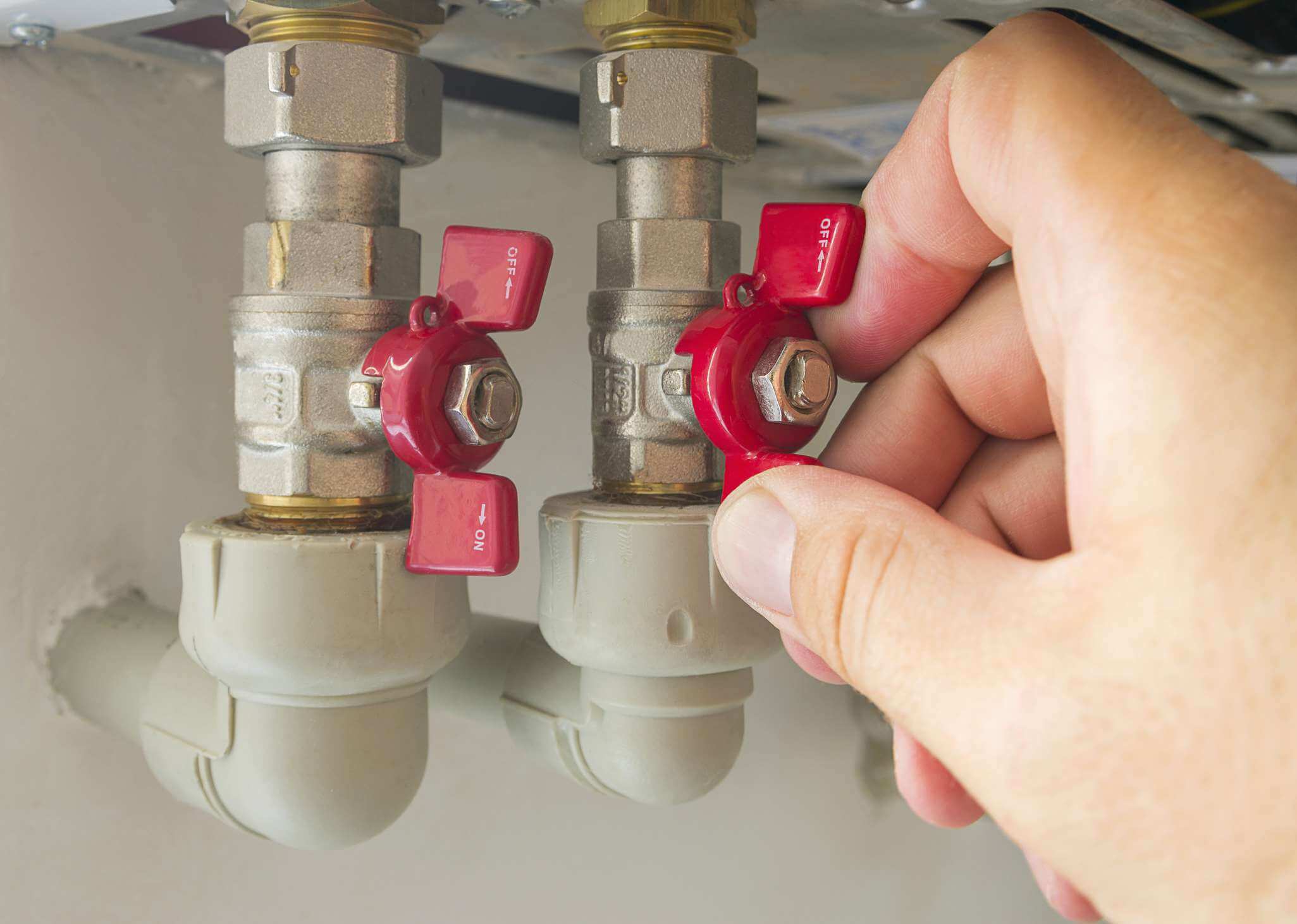
Homeowners that use a gas stove, heating, or other fuel-based appliances, including dryers and water heaters, consider adding a main gas shut-off. If you smell gas after an earthquake, you’ll have a single location to turn off all gas valves in the home or building. After turning off the gas main, do not attempt to turn it back on yourself.
Put Latches on Drawers
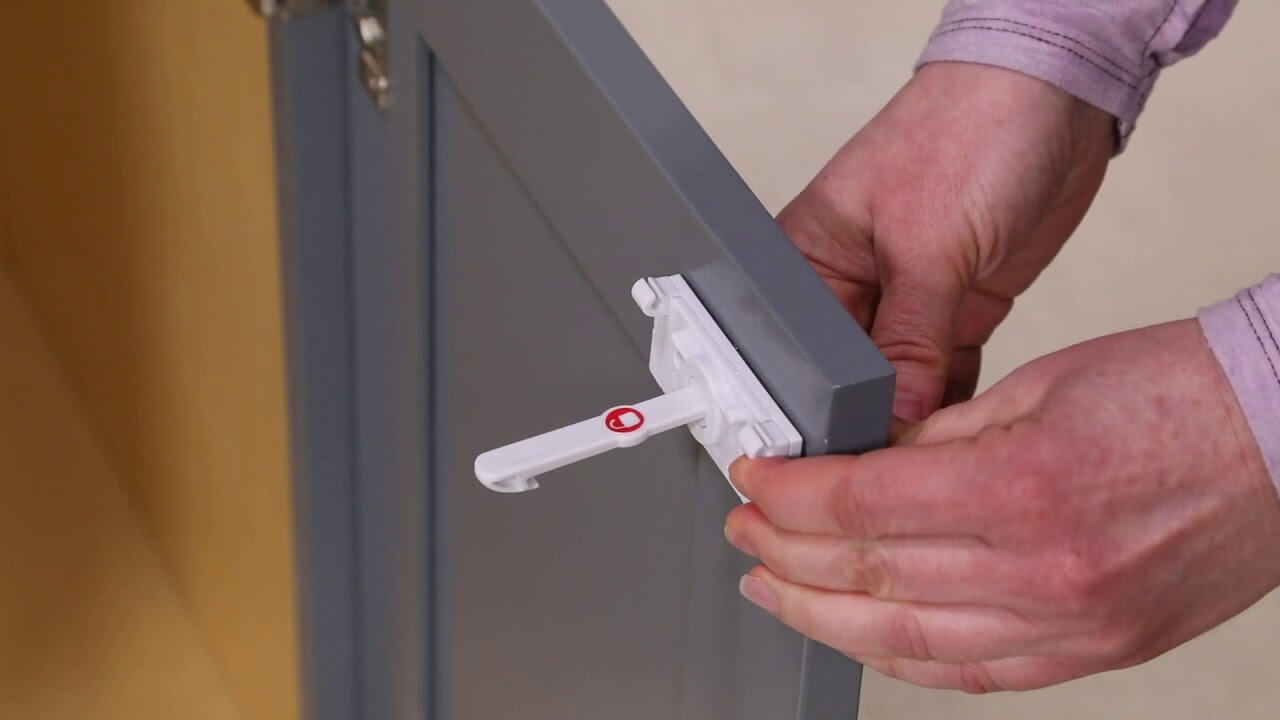
During the few minutes the earth is shaking, everything is fair game. Unsecured drawers can open and spill the contents to the ground, creating serious safety issues. You can resolve this issue by putting latches on the drawers to prevent them from opening during an earthquake.
Install Ledges on Shelves
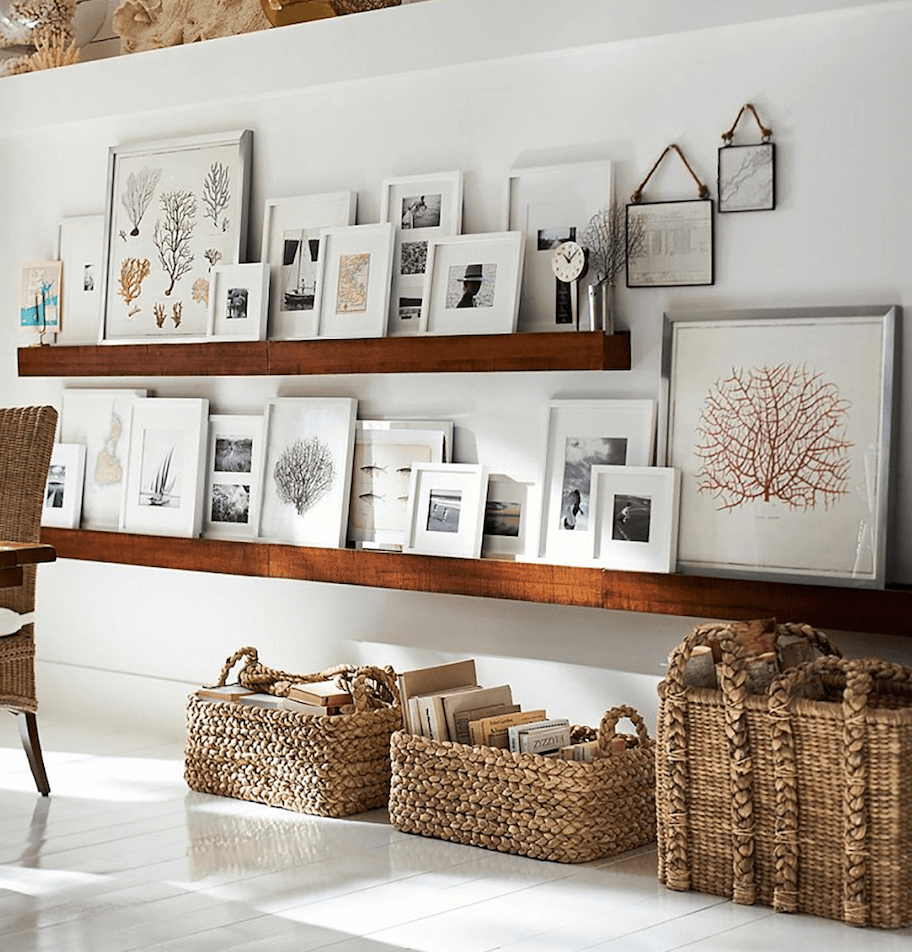
Similar to drawers sliding open during a quake, items on shelves are also vulnerable. A simple way to prevent objects from falling off shelves is by adding ledges to them. An inch or two lip on each one can make the difference between saving a favourite picture frame or beloved flower vase. In the geological disaster, installing ledges can make the cleanup a little easier by keeping books, DVDs, and even clothing on the shelf and not your floor.
Attach Electronics to Desktops and Counters
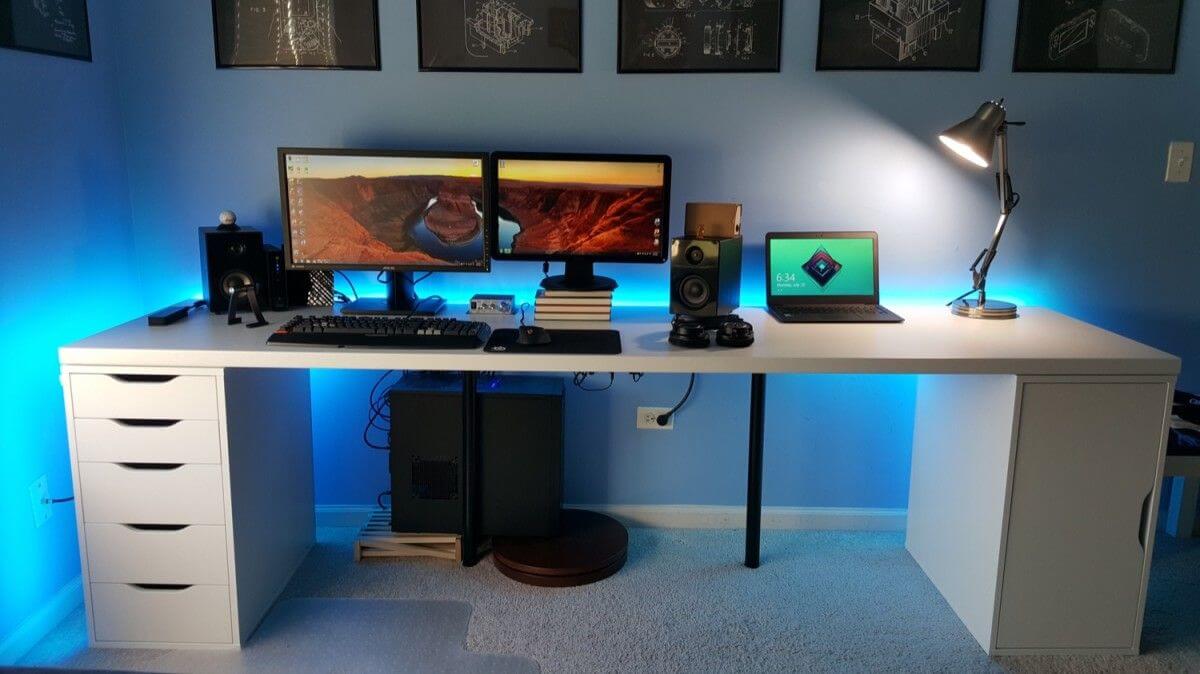
Just like you’ve attached your appliances to the walls, you should lock down all electronics, such as televisions and desktop computers. Also, take small kitchen devices, such as toaster ovens, blenders, and crockpots, and place them in a secured cabinet. As with drawers, consider adding latches to your kitchen cabinets to prevent the items from falling out. Some cabinet styles may let you add ledges to these. This added security layer could help you secure spices, non-perishable foods, plates, bowls, and other dishes.
Anchor Your Breakables
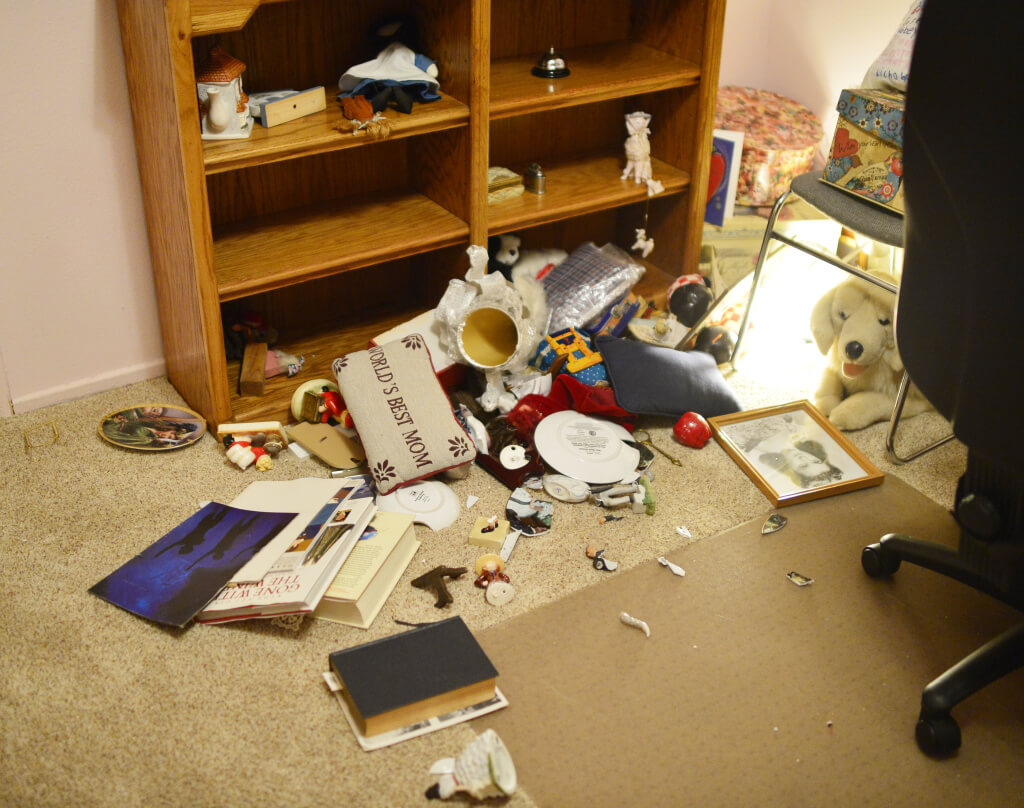
If you have shelves with valuables that are fragile, you might want to see how to anchor them in place to prevent them from falling off. Unfortunately, earthquakes aren’t the same as other natural events that you and there’s no warning that would give you time to pull these items from the shelves and store them away until it’s safe. You may be able to add extra security to the bookcase or shelving unit by securing it directly to the wall or adding the ledges that will prevent some items from tumbling during a quake.
Place Protective Films Over Windows
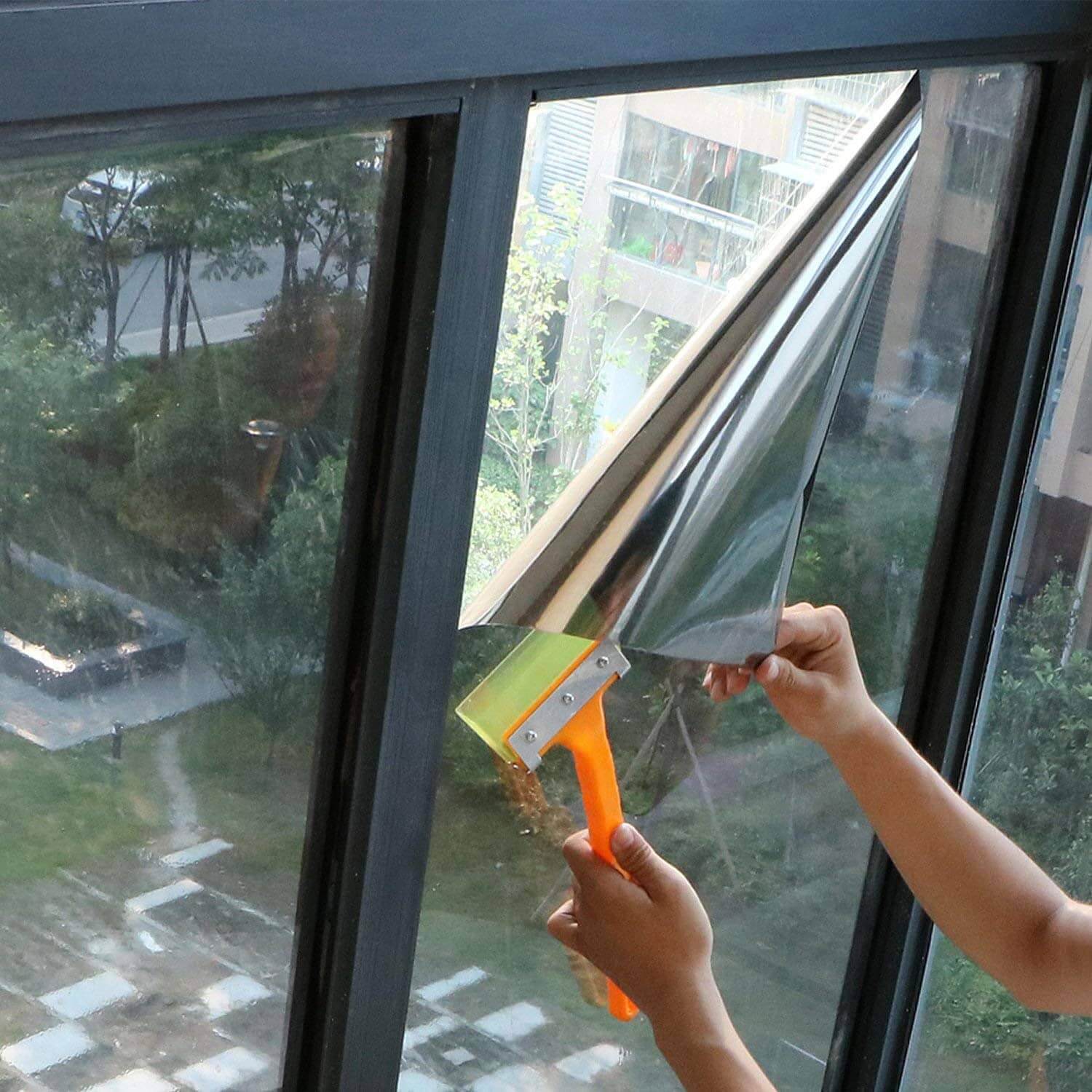
Security film for your windows won’t prevent them from breaking. However, they will protect your family from dangerous and even deadly glass shards. Additionally, outside of earthquakes, these films can block UV rays and add another layer of security to discourage break-ins.
Brace Your Foundation’s Cripple Wall
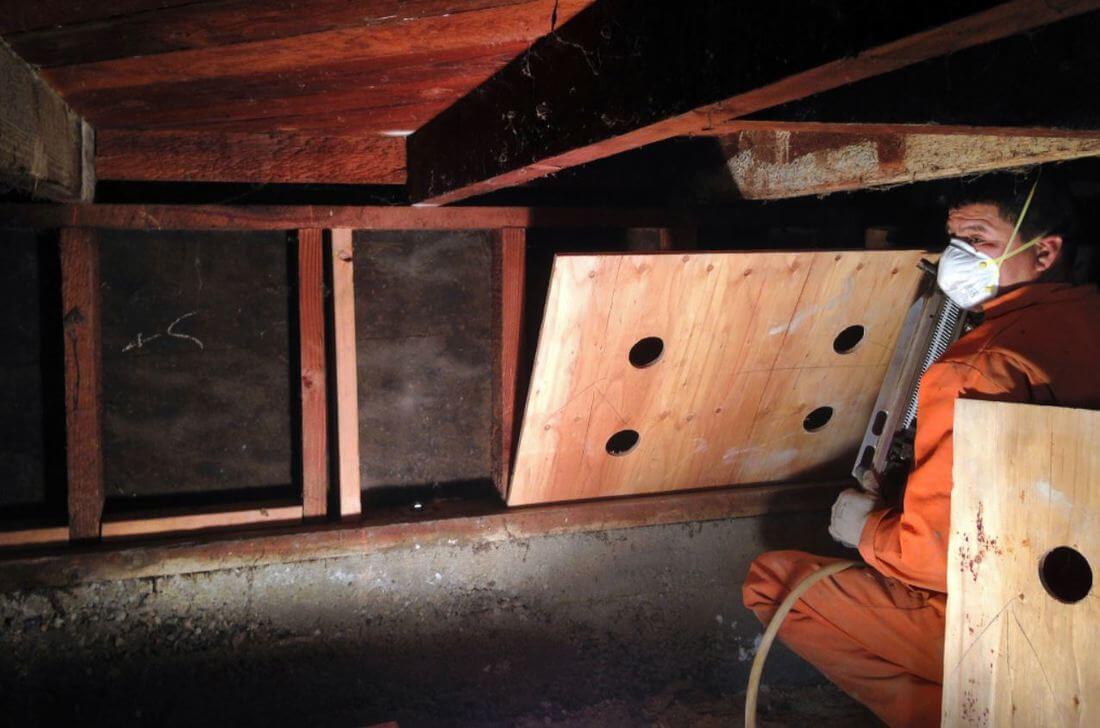
One of the biggest threats to serious damage to your home during an earthquake is the cripple wall. These short walls that are between the foundation and your home’s first floor allow crawl space access under your home and can weaken during geological events. By retrofitting the wall, you can help keep your home standing during and after a quake.
Keep an Emergency Kit
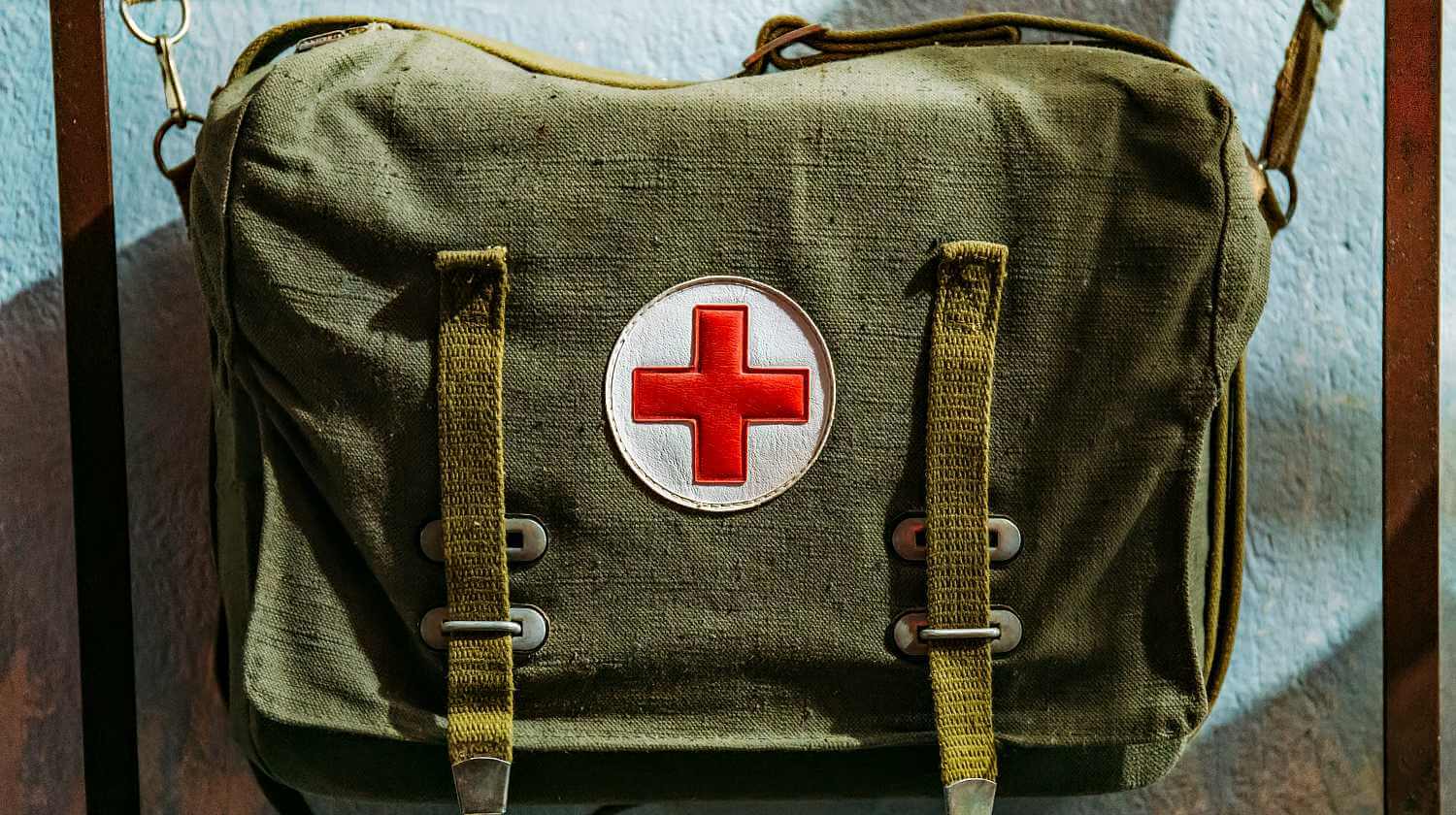
Injuries can happen during any disaster. Immediately following these events, EMS might not be right on the way. It’s important to have an emergency kit in an easy to get to spot when disaster hits. Look for kits that include:
- LED flashlights
- AM/FM battery-operated radio
- First aid
- Emergency whistle
- Dust masks
Purchase Earthquake Insurance
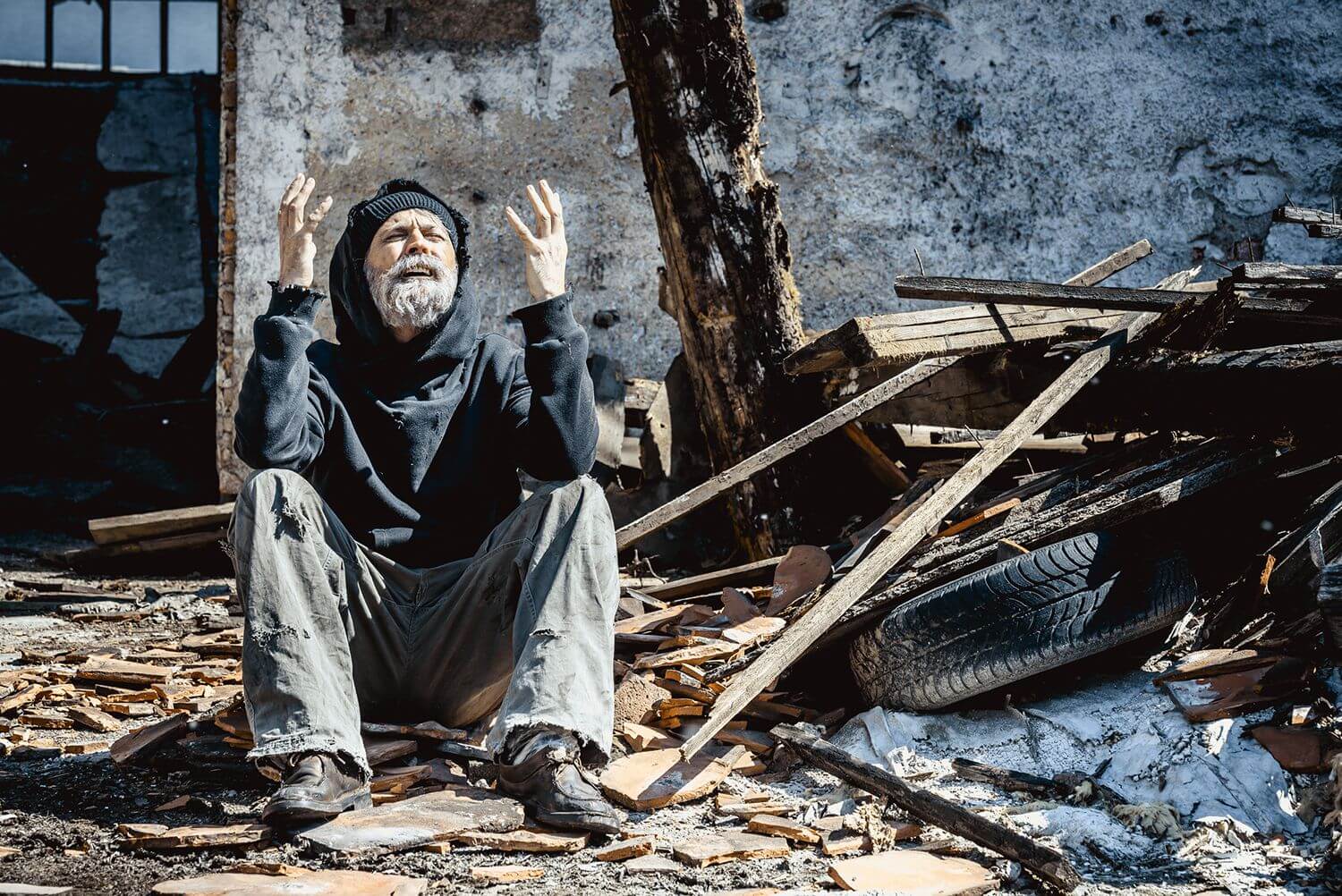
No matter how much you prepare, severe natural disasters can cause damages that need repairs and even total home replacement. An insurance policy can ensure that your property and belongings that are destroyed during these unfortunate events are replaced. If you live in an area that’s prone to earthquakes, you may be required to purchase an additional rider to cover catastrophic damages.
Earthquakes are dangerous and can cause serious damage to your property, as well as place lives in danger. But the right preparations can help you and your family get through the next one with minimal losses.
To get more information:-

